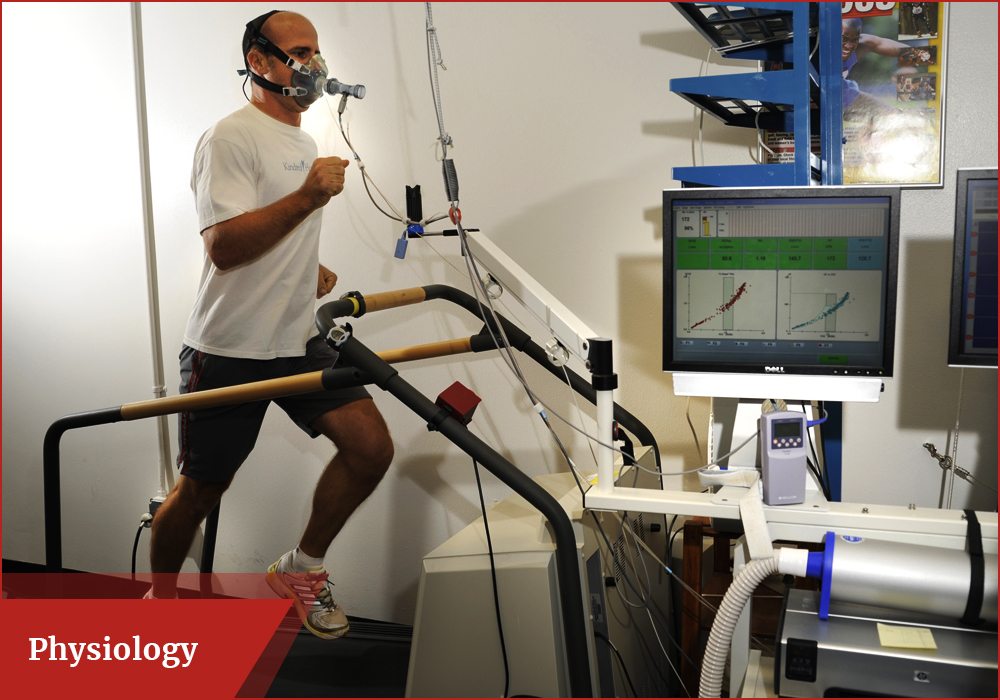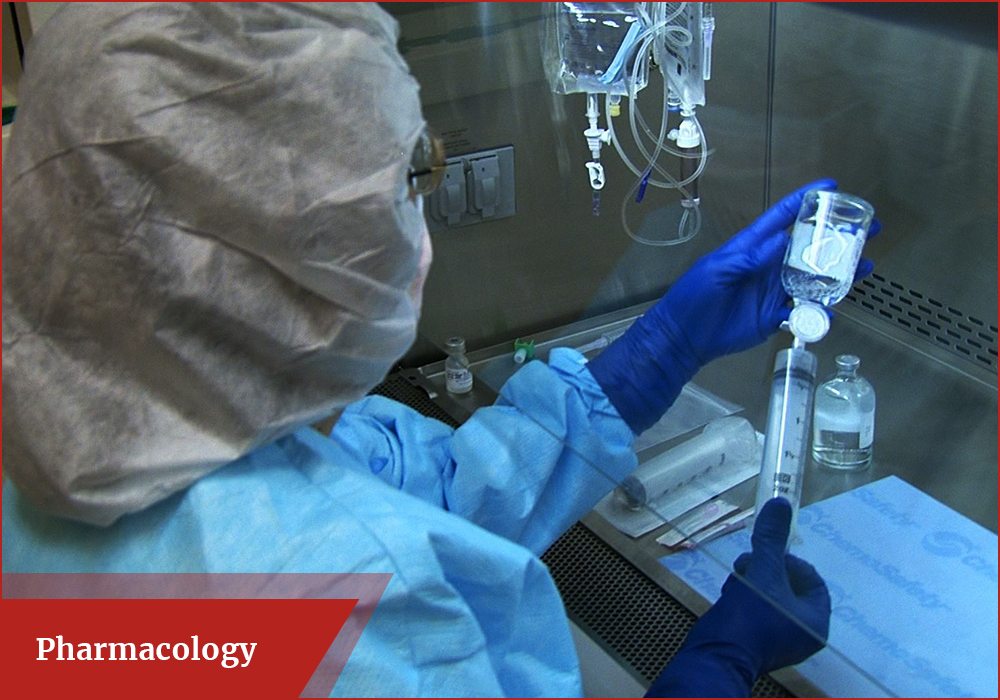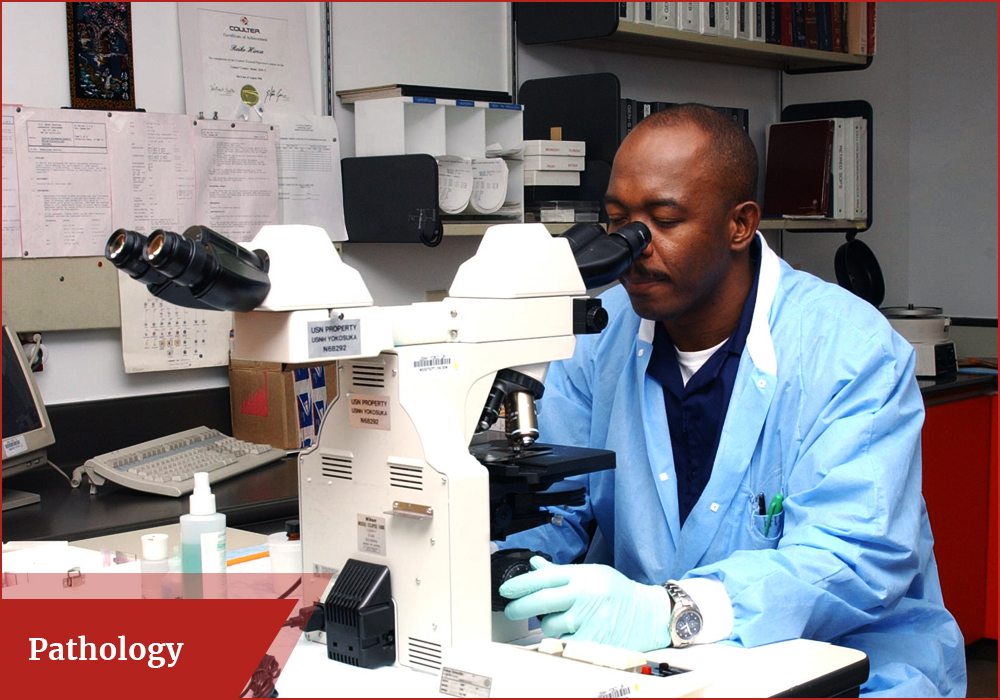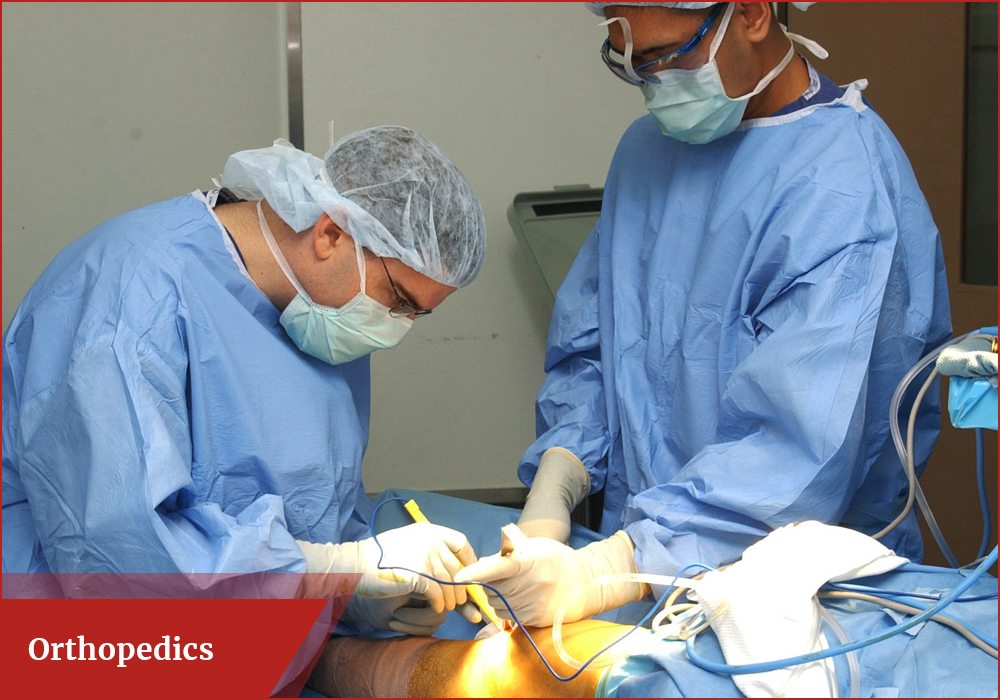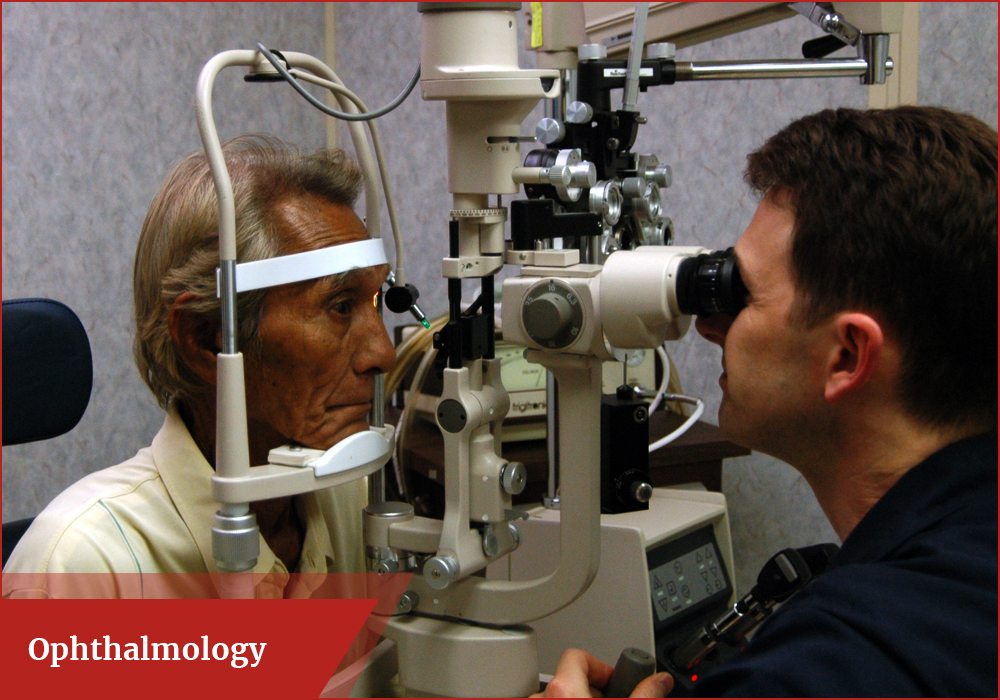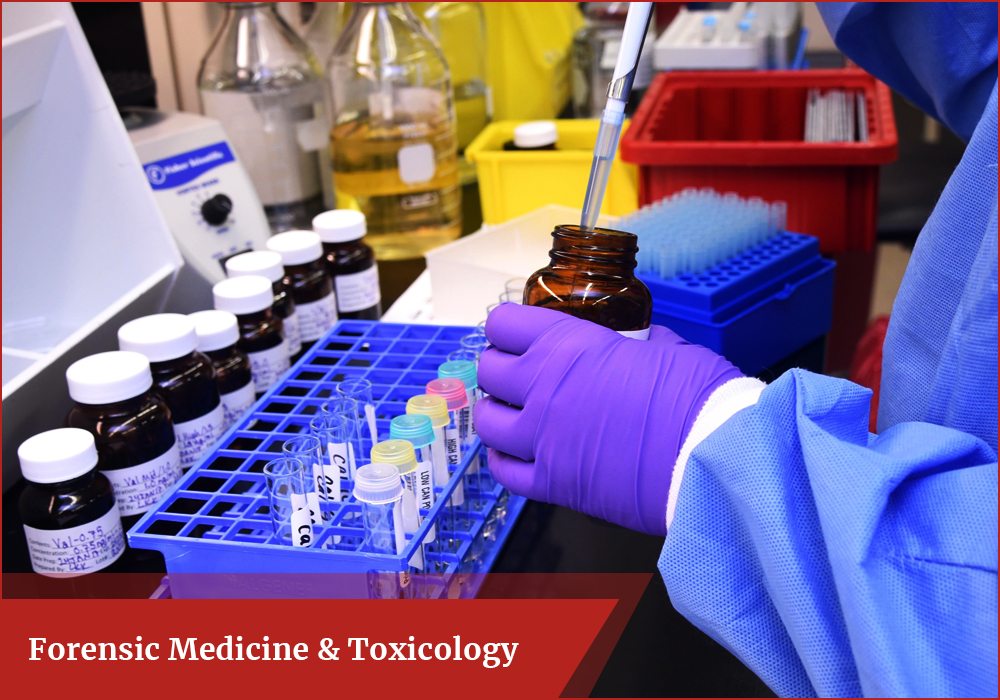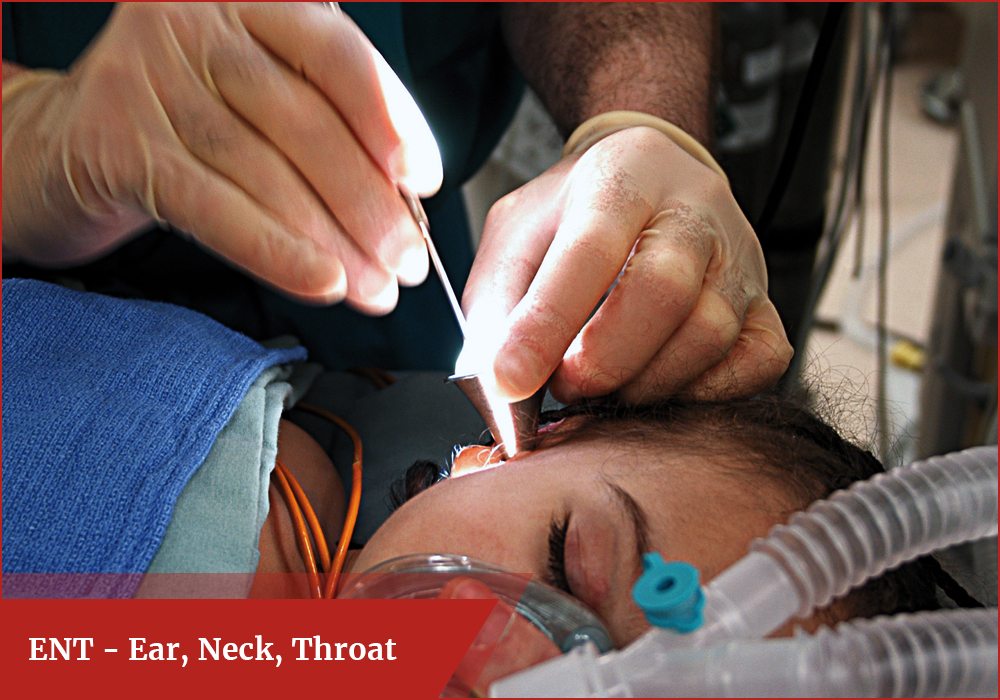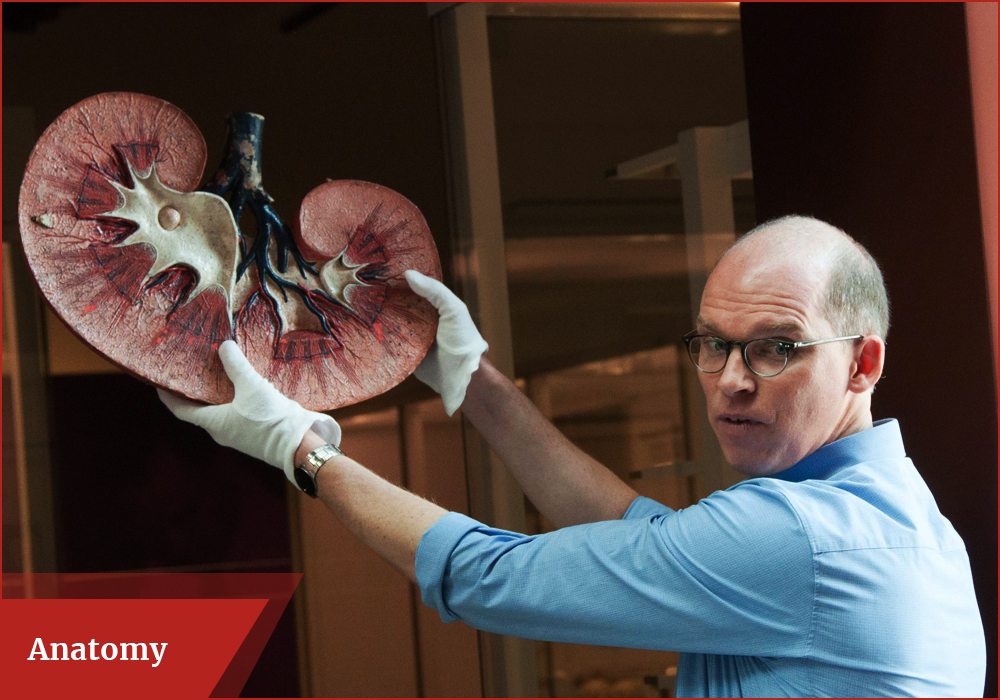Definition A physician’s physiology has much the same relation to his power of healing as a cleric’s divinity has to his power of influencing conduct. ~Samuel Butler Physiology is the scientific study of normal mechanisms, and their interactions, which works …
Definition “Pharmacology is benefited by the prepared mind. You need to know what you are looking for.” ~Siddhartha Mukherjee Pharmacology is the study of how medicine and other things have an effect on living organisms and change how they function. …
Definition Orthopedic surgery or orthopedics, also spelled orthopaedic[s], is the branch of surgery concerned with conditions involving the musculoskeletal system. Orthopedic surgeons use both surgical and nonsurgical means to treat musculoskeletal trauma, spine diseases, sports injuries, degenerative diseases, infections, tumors, …
Definition Ophthalmology is the branch of medicine that deals with the anatomy, physiology, and diseases of the eyeball and orbit. An ophthalmologist is a specialist in medical and surgical eye disease. Ophthalmologists offer a comprehensive approach to ocular symptoms and …
Definition Forensic medicine is the branch of medicine dealing with the application of medical knowledge to establish facts in civil or criminal legal cases, such as an investigation into the cause and time of a suspicious death. It is also …
Definition ENT (Ear, Nose, and Throat), also called otolaryngology is the field of medicine that deals with diagnosing and treating diseases concerned with ear, nose, throat, head and neck. Otorhinolaryngology is a surgical subspecialty within medicine that deals with conditions …

